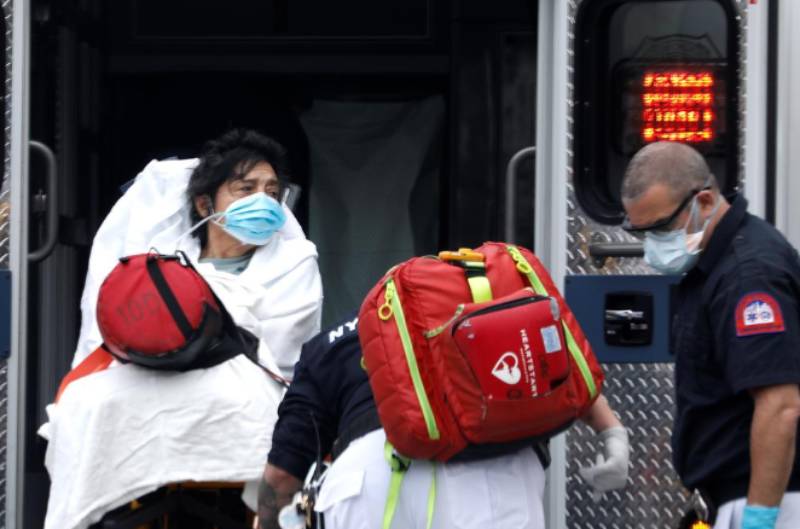×
The Standard e-Paper
Kenya’s Boldest Voice

New York state, epicenter of America’s coronavirus crisis, set another single-day record of COVID-19 deaths on Wednesday, as veteran doctors and nurses voiced astonishment at the speed with which patients were deteriorating and dying.
The number of known coronavirus infections in New York state alone approached 150,000 on Wednesday, even as authorities warned that the official death tally may understate the true number because it omits those who have perished at home.